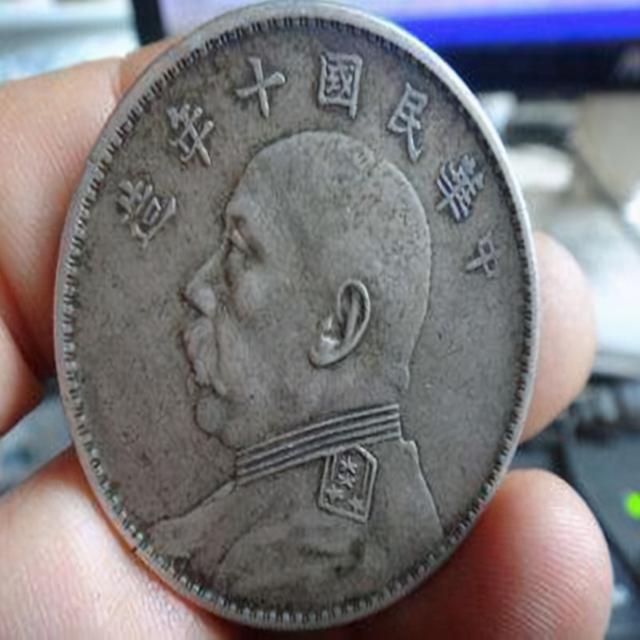第248讲 知道吗?英语有一种词叫做心理感受词,重要考点!

我们把那些“令人怎么样”的动词叫做心理感受词,主要有这些
1. surprise 使人惊讶 2. amaze 使人惊讶,惊奇
3. astonish 使人惊讶 4. startle 惊跳
5. shock 震惊 6. entertain 使人愉悦
7. amuse 使人愉悦 8. please 使人高兴
9. delight 使人愉快 10. interest 使人感兴趣
11. relax 使人放松 12. satisfy 使人满意
13. disappoint 使人失望 14. upset 使人失落
15. threaten 威胁 16. challenge 挑战
17. frighten 恐吓 18. bore 使人厌倦
19. tire 使人厌倦使人累 20. excite 使人激动
21. thrill 刺激 22. move 使人感动
23. touch 使人触动 24. encourage 鼓励
25. inspire 鼓励,启示 26. insult 侮辱
27. fool 愚弄 28. fascinate 使人着迷
29. worry 使人忧虑 30. terrify 使人恐惧
31. puzzle 使人迷惑
心理感受动词的ing结构和ed结构的区别
要点:加ing,意思是“令人怎么样的”,加ed意思是“感到怎么样”
下面的二十个句子,会告诉你这些词是怎么用的。
认真读读,必有收获
1.The farmer feels interested【感兴趣】 since the machine is interesting【有趣的,令人感兴趣的】.
2.And some shocked【感到震惊的】 salesmen and saleswomen get some schocking【令人震惊的】 ideas.
3.They feel my exciting【令人激动的】 machine and ask me excitedly【感到激动地,激动地】:
4.“Can your machine make customers always satisfied 【满意的,感到满意的】with my goods?”, the woman asked him, hoping to get a satisfying[令人满意的] answer
5.“Yes, of course, if your goods proves satisfyin【令人满意的】g all the time.”
6.“May I use your machine to make my disappointing【令人失望的】 husband hate drinking too much? I have been disappointed【感到失望】!”
7.“Of course, you can if you use our amazing[令人惊讶的] machine and you won’t feel disappointed【感到失望】or challenged【感到挑战】.
Shall we go to your home to have a try?”
8.“Need I telephone him before we meet him? There must be a challenging[令人感到挑战的] moment” an old man asked.
9.“Yes, you must!” answers somebody. But I say : “No, you needn’t!”
10.“Will you start at once to save the terrfying drunkard【令人恐惧的酒鬼】?” ‘OK.’
11.We all reach the woman’s house and notice a frightening【令人害怕的】 and confusing 【令人迷惑的】situation.
12.Both the husband and the wife are frightened 【感到害怕的,害怕的】and confused【感到迷惑的,迷惑的】 to see each other.
13.Not only the drunken man but also lots of beer bottles lie on the ground.
14.Either thetiring【令人讨厌的】 friends or the tired【令人讨厌的,疲惫的】 man throws the rubbish there.
15.‘Do you need some more wine?’ I asked,pleasing【让他高兴】 him ‘Yes, I do. Have you any?’ he answer, appearing pleased【高兴】
16.‘Did you enjoy drinking?’ ‘Yes, I did. And you?’ the confused【迷惑的,昏头昏脑的】 man became shockingly【令人惊讶地】 excited【感到激动】!
17.I turn on my surprising【令人惊讶的】 magic box to scan【扫描】 his puzzled【感到迷惑的】 brain and something puzzling 【令人迷惑的】happened.
18.Is there anything wrong? Yes, it is.And I correct it right away.
19.‘Are you entertained 【感到愉悦】in drinking?’ ‘No!Drinking is not entertaining【令人愉悦】 at all.
20.‘Can I find a job? Working must be the most exciting【令人激动】. ’ the man has an inspiring[令人鼓舞的] change, which makes us feel inspired【感到鼓舞】
怎么样?不难掌握吧?
这种词的两种形式从小学到研究生都是要考的。
比如:下面是高考训练名题
1】Crying marriage? 31_____ (surprise), isn’t it? Factually, the custom of crying marriage existed a long time ago in many areas of Southwest China’s Sichuan Province
如果我们知道,这是考心理感受词,而且这些词加ing意思是:令人怎么样,加ed的意思是:感到怎么样。我们立刻就知道应该填surprising. 本句子意思是:哭嫁?令人惊讶吧?
2】改错in my spare time, but now I am interesting in football.
这里应该说对足球感兴趣,所以,interesting改为interested. 如果用interesting意思是:我是有趣的/我是令人感兴趣的。






